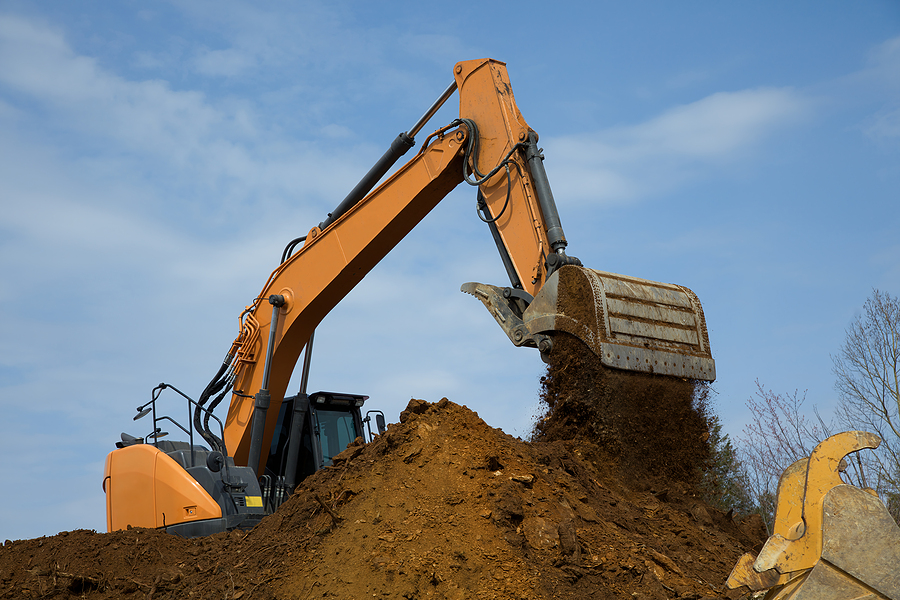
If you plan to dig or excavate in Connecticut, you’re legally required to call 811 first. That phone number will connect you to a nonprofit organization that can give you information about utility lines and pipes that are buried underground. Knowing where utilities are located can help you avoid an accident.
Why You Should Call Before You Dig
Whether you’re a contractor or a homeowner, you have to call before you dig, no matter the size and scope of the project. Any type of work that disturbs the ground, such as building an addition, installing a pool, putting up a fence, or planting a garden, could potentially damage underground utilities.
An accident can have consequences that can range from a minor inconvenience to a deadly disaster. Striking underground electrical lines can knock out power to an entire neighborhood and endanger the lives of people who rely on medical devices that run on electricity. Damaging a water line can lead to flooding, and hitting a gas line can release natural gas that can cause an explosion.
Even if you’ve previously done work in the same area, you must call 811 for your new project. Old information or marks on the ground might be unreliable. You need to be sure that you’re working with accurate and up-to-date information so you know exactly where utilities are located.
**Important Note**
Do you know who is responsible for calling Call Before You Dig? It’s the person who is actually doing the work. So the homeowner is the one who will be doing the digging, then the homeowner must call. If the contractor digs, the contractor must call. And if a contractor asks the home owner to call on his behalf, it is against the rules!
How 811 Works
When you call 811, you’ll be able to submit a locate request. A utility locator will come to your home and mark the precise locations of underground utilities. This service is available free of charge to anyone in Connecticut.
You must call 811 at least two full business days before you begin working on your project. You can submit a locate request up to 30 days before the start of excavation.
Review Your Homeowners Insurance Coverage
If you’re planning a significant home improvement project, it’s a good idea to review your homeowner’s insurance. The dwelling coverage section of your policy will pay to rebuild your house if it gets damaged or destroyed, but that coverage is limited to a specific dollar amount.
If you build an addition or install a pool, that will raise your home’s value and the cost to rebuild it. Your current coverage might no longer be adequate. If so, you’ll have to raise your limit. That can lead to higher premiums. Petruzelo can help you shop around and compare quotes from several homeowners insurance companies. You might be able to get a higher level of coverage at affordable rates by switching insurers. Contact us today to learn more.
